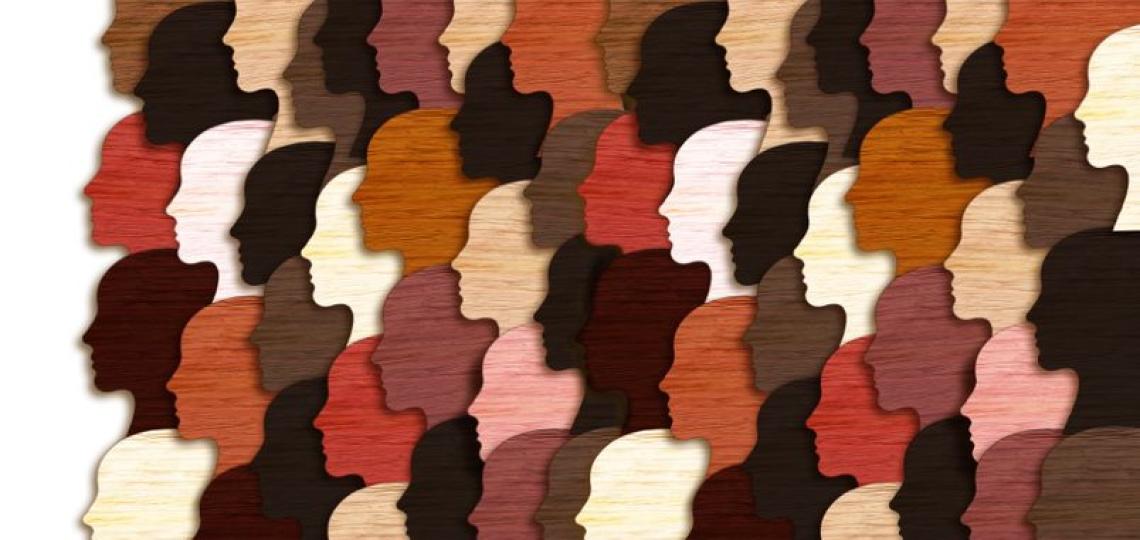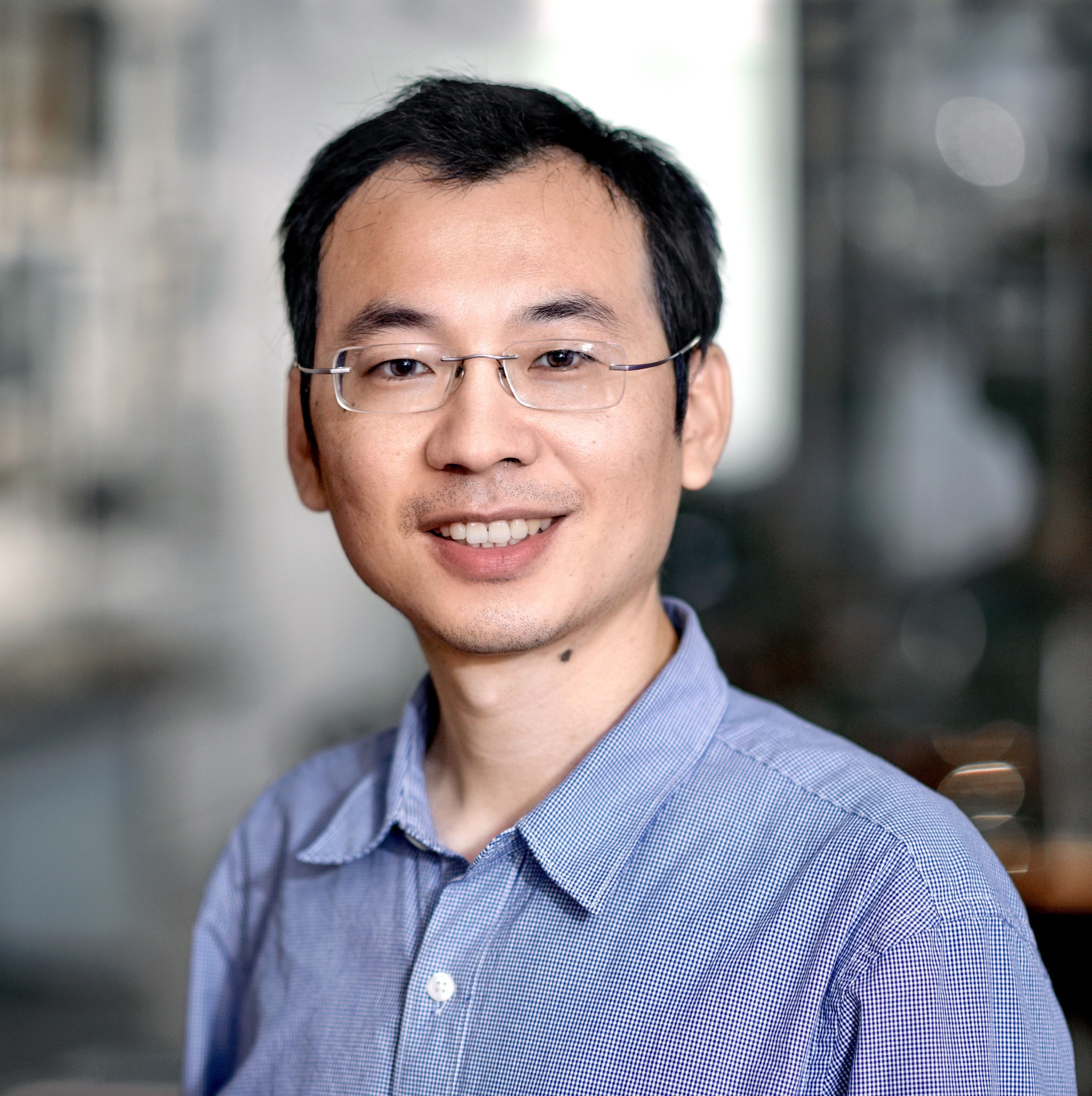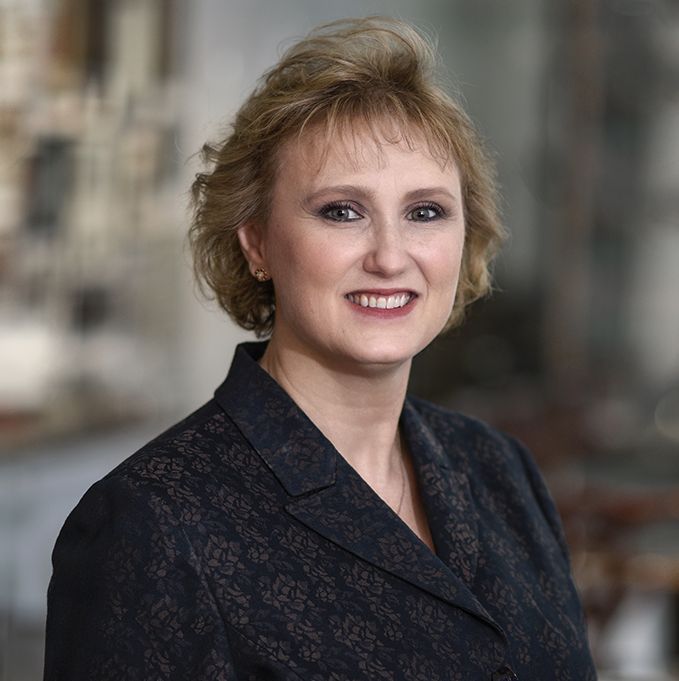
Our Commitment
The Huffington Center on Aging is deeply committed to community engagement, equity and diversity. We work with Baylor College of Medicine’s Office of Community Engagement & Health Equity to foster a supportive, inclusive, and welcoming environment for all faculty, trainees, and staff. In addition, we work to ensure that the voices and needs of older community members are heard and supported as part of our additional advocacy efforts.
Center CEED Leadership

Melanie Samuel, Ph.D.
Associate Professor, Huffington Center on Aging
Co-Director, Community Engagement, Equity and Diversity
Inclusion and Equity Ambassador
CEED Committee Member

Hongjie Li, Ph.D.
Assistant Professor, Huffington Center on Aging
Co-Director, Community Engagement, Equity and Diversity
CEED Committee Member
CEED Committee Members

Pilar Andrade
Graduate Student, Huffington Center on Aging
CEED Committee Member

Robert Mackin, Ph.D.
Postdoctoral Associate, Huffington Center on Aging
CEED Committee Member

Omar Pena, Ph.D.
Postdoctoral Associate, Huffington Center on Aging
CEED Committee Member

Fredrick Pereira, Ph.D.
Associate Professor, Huffington Center On Aging
CEED Committee Member

Ruth Rosas, MBA
Center Administrator, Huffington Center on Aging
CEED Committee Member

Brittany Reeves
Laboratory Technician II, Huffington Center on Aging
CEED Committee Member

Hui Zheng, Ph.D.
Director/Professor, Huffington Center on Aging
CEED Committee Member
Programs, Activities and Resources
National Advocacy for Science Awareness and Funding
Through a collaboration with the Society for Neuroscience, members of our faculty and trainees participate in science awareness and funding advocacy at the national level in the form of meetings with elected representatives from Texas and beyond.
Participation in College-wide Events and Outreach Efforts
Our faculty, staff, and trainees support, attend, and help lead college-wide diversity, equity, and inclusion events. These include but are not limited to the Stop Asian Hate Rally and PRIDE week. Members of our center are actively involved in DEI faculty and student groups, including the Society for Advancement of Chicanos/Hispanics & Native Americans in Science and the Black Scientist Collective.
Huffington Center on Aging “Ageless Wonders”
Our Aging Center is committed to translating basic research discoveries into applications that promote healthy aging. Our faculty use a wide range of model organisms for aging research, including yeast, worm, fly, and mouse. We provide opportunities to young generation students, including high-school and undergraduate students, to tour and experience how we use animal models to battle aging.
Diversity Resources
We will conduct diversity training for research faculty, trainees, and staff focused on systemic problems associated with low diversity and the benefits heterogenous groups provide to research productivity/creativity. We also compile lists of the many resources available to help disadvantaged students overcome systemic barriers (such as financial aid opportunities, scholarships, and affordable tutoring services).
Education and Clinical efforts in Community Engagement, Equity and Diversity
Our faculty are committed to educational efforts that increase inclusion and equity training. Our efforts include classes our team has developed on “A sense of belonging in science” that are available to all incoming Baylor College of Medicine graduate students. Our faculty also serve as PIs and mentors on awards and projects to increase training and opportunities for individuals from diverse backgrounds, including the “All of us” training program, which provides data science training to senior postdoctoral trainees and early career faculty.
Recruitment and Support of Individuals from Diverse Backgrounds
Our center comprises faculty, staff, and trainees from diverse backgrounds across the globe, and we are committed to continuing to grow diversity within our center. As evidence of our commitment, our faculty have been awarded dedicated funds from the national institutes of health to support our recruitment efforts.
Community Engagement, Equity and Diversity Pillars
Healthcare Initiatives: Improve representation of human-based data sets by collaborating with accomplished researchers who have demonstrated commitment to optimizing data collection and analyses to incorporate and assess diverse populations.
Education Initiatives: Make research experiences accessible to disadvantaged students by offering several paid, full-time internships. Consult with DEI committee members/faculty/staff from other departments and institutions that have successfully improved diversity within their programs. We actively seek input from individuals from underrepresented backgrounds to ensure all efforts accurately reflect and address the needs of these groups.
Research Initiatives: Increase underrepresented diversity among research faculty at all ranks and trainees at all stages. Assess and improve how applicants are recruited and assessed, as many traditional metrics, (for example grades, test scores and conference attendance) are often closely tied to socioeconomic privilege and may not represent an individual’s abilities.
Community Initiatives: Improve HCOA community outreach by organizing educational activities, increasing paid research internship opportunities, and increasing awareness of resources available to help disadvantaged students overcome systemic barriers (such as financial aid opportunities, scholarships and affordable tutoring services).









